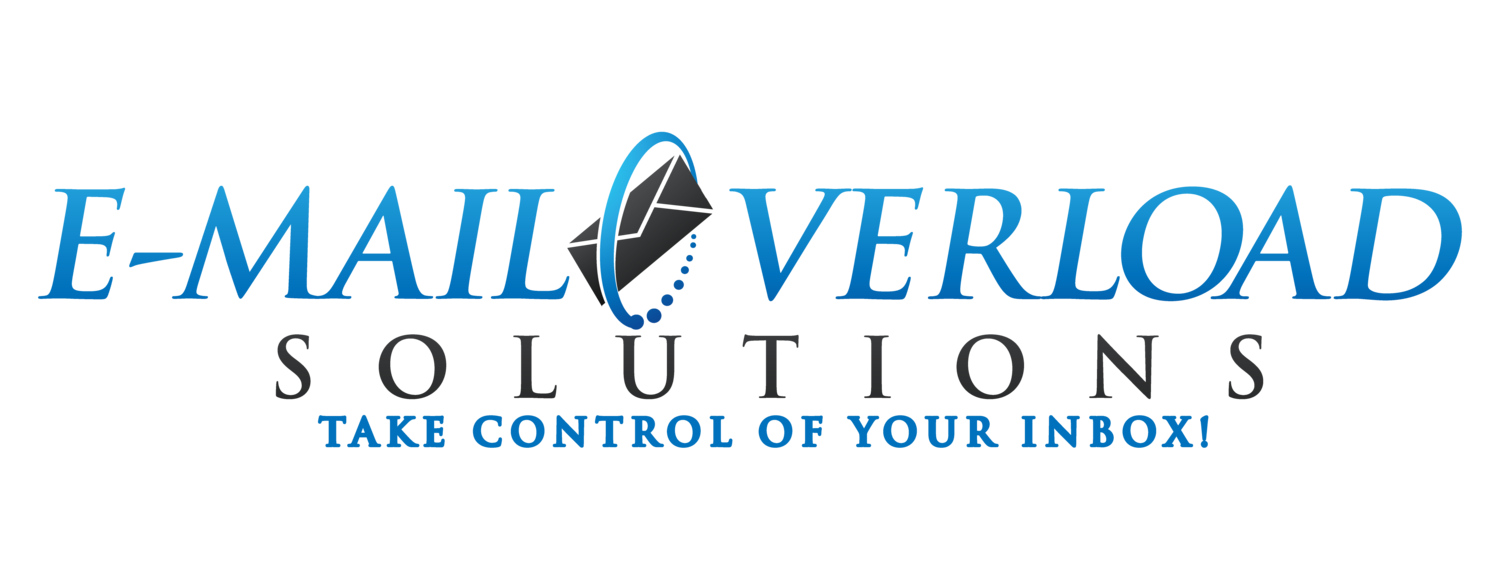How To Improve Your Work Productivity and Organization
/
How To Improve Your Work Productivity and Organization
Imagine coming home from work and feeling like you’ve accomplished everything you needed to.
Sadly, this isn’t the case for many of us as projects keep piling up. As soon as you start one, another one appears on your office desk.
What if we told you you could be0 more productive and feel a sense of accomplishment instead of feeling like you never finish anything?
The good news is anyone can become more productive and organized at work with just a few tips.
Here’s how:
Start With Your Most Dreaded Tasks First
Before lunch is when most people feel more motivated to get work done. Use this time to work on the tasks you don’t want to do because they’re either difficult or time-consuming. By doing this, you get all of the hard, bothersome work out of the way so you can do work you enjoy the rest of the day.
Create an Agenda
Agendas are for more than keeping your teams on topic during meetings; it’s a list of things to do. You can use a variety of project management tools, such as Trello, to keep an active list of all the projects you haven’t started on yet, the ones you’re in the middle of, and the ones you’ve completed. Being able to have a visual look can help you stay on top of work instead of relying on your memorization skills to accomplish all of your tasks.
Make sure you compile and keep a list of the tasks you’ve finished. This will help you see how many things you have accomplished rather than all your new projects.
Stop Multitasking
For some reason, people think multitasking means they’re productive. What multitasking means is doing multiple things at once and probably incorrectly doing them. Constantly switching between products is a productivity killer because you have to stop what you’re working on and switch your brain over to another task multiple times.
Remember the last time you multitasked, even if it was just at home? Maybe you were talking on the phone while separating laundry. We bet you were unable to pay attention to the person talking on the other side of the phone while you were trying to remember how to fold a t-shirt. Multitasking is not productive, and it may very well have the opposite effect from what you’re trying to accomplish.
Delegate
If you’re a manager or have an assistant, delegate more of your tasks to someone else. Most managers believe delegating gives them more to do because they’ll have to supervise someone else’s work. However, they’re delegating incorrectly. If you assign a task to someone and supervising them, you are micromanaging, which is not delegation.
Delegating is when you give someone a task you’re too busy to do and then review their work once they’ve finished. If you’ve trained your employees properly, the review should be simple and easy. If you’ve trained your employees incorrectly, then you have more work to do because you’ll need to ensure they know what they’re doing before you can even consider becoming more productive.
Eliminate Distractions
Both remote workers and office workers need to eliminate distractions to focus on their tasks. Once you’ve given up multitasking and can focus on a single task, you’ll need real focus. When you sit down for work, don’t let anything demand your attention.
To be productive, you’ll need to turn off your email notifications and shut your door to let people know you’re not available. If you’re someone who uses social media to procrastinate, we suggest putting your phone in another room so you won’t feel tempted to pick it up.
Unfortunately, you won’t be able to eliminate all distractions depending on your work environment. For some, this can mean a constant line of employees asking questions, while others who work at home, it can mean a child or a dog constantly begging for attention.
It’s up to you to find ways on how to stop these distractions in their tracks, whether it is telling coworkers you’d love to help after you’ve completed your work or sending your children and pets off to daycare.
Plan Your Phone Calls
If you work in a position or industry where people are always trying to contact you, you will never get anything done. Instead, you can organize your meetings and phone calls with proper organization. While we all don’t have secretaries to hold our calls, you can manage your phone calls yourself.
Unless you are expecting an important call, you can turn your phone on silent so you won’t be distracted by dings or ringing. Suppose you run a business where clients expect you to answer your phone whenever they call. If that's the case, set clear boundaries and expectations with them. Let them know what times you’re available for a phone call and what they should do if they have an emergency.
Explain to them most calls are not emergencies, and emails will suffice.
Work Remotely
Depending on your personal home life, working remotely might be the perfect way to help you become more productive and organized. Instead of dealing with the countless distractions in your office, you can ask your employer if you could work from home some days. More and more employers are becoming flexible on their working from home policies, so it never hurts to ask.
If your employer doesn’t allow you to work from home, consider looking for opportunities that do. More companies than ever are hiring remote employees, and these companies understand you have other priorities than just being a cog in their machine.
Final Thoughts
Becoming more productive and organized takes practice.
Find out what works best for you, depending on your personal preferences. For example, night owls may find they do their best work after the sun has gone down. If this is the case, then plan to complete your large projects at night instead of early in the morning.
















